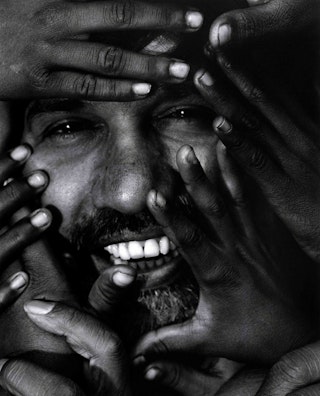
Kailash Satyarthi
Human rights activist, crusading for the rights of children in India. Since 1980, he has stood at the forefront of the global movement to end child slavery and exploitation.
Featured lesson
Child LaborKailash Satyarthi was born in 1954 in the Indian state of Madhya Pradesh. When he started school at the age of 5, he noticed a cobbler and his young son working nearby. He was deeply affected by the fact that many children were unable to be educated because their families couldn’t afford it. Challenging the idea that some children are “born to work” would become the foundation of his activism.
When Satyarthi was only 11 years old, he took his first step toward trying to make a difference in his community. At the time, elementary education in India was not free, so he organized a soccer club with several friends and used the membership dues to pay the tuition of disadvantaged children. He later discovered that many of the students he’d helped had dropped out because they couldn’t afford books. Satyarthi went from house to house asking for parents to donate their children’s used books so that he could give them to students in need for the next school year.
As an adult, Satyarthi earned advanced degrees in electrical engineering and worked as a teacher in the area. However, by 1980, he felt the time was right turn his full attention to advocating for children. He left his lucrative career and founded Bachpan Bachao Andolan (BBA), the Save Childhood Movement. The goal of BBA was to create an India in which children are no longer exploited and receive free education.
India had laws against child labor when BBA began, but enforcement of these laws was a dangerous, daunting task because there was a great deal of money to be made from these young workers. This did not stop BBA from helping the government perform raids on shops using child labor. Whenever possible, BBA also directly rescued children from enslaved conditions. By 2015, the organization had rescued over 86,000 children from slavery and trafficking.
In his fight for children’s rights worldwide, Satyarthi has also created organizations such as GoodWeave International, a group that inspects rug weavers to make sure they don’t use child labor, and the Global Campaign for Education, which works with nongovernmental agencies to advocate for child and adult education. In 2014, Satyarthi shared the Nobel Peace Prize with Malala Yousafzai “for their struggle against the suppression of children and young people and for the right of all children to education.”
Following the tradition of Mahatma Gandhi, Kailash Satyarthi knows that a peaceful world depends on respecting the rights of children and young people. He has devoted his life to shining a light on their exploitation and insisting on their education.
“If not now, then when? If not you, then who? If we are able to answer these fundamental questions, then perhaps we can wipe away the blot of human slavery.”
Help Us Protect Human Rights
Please give now. Your contribution will make a difference in the critical effort to achieve equal rights for all.